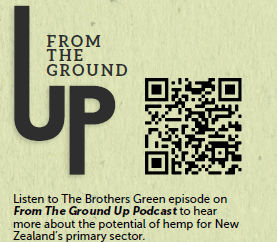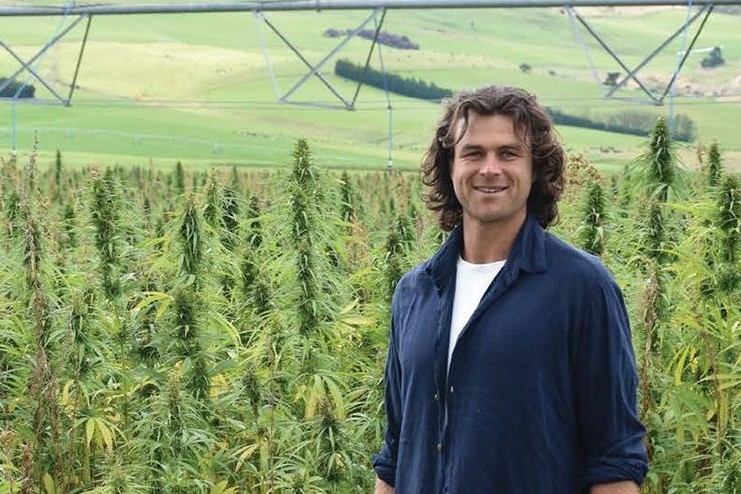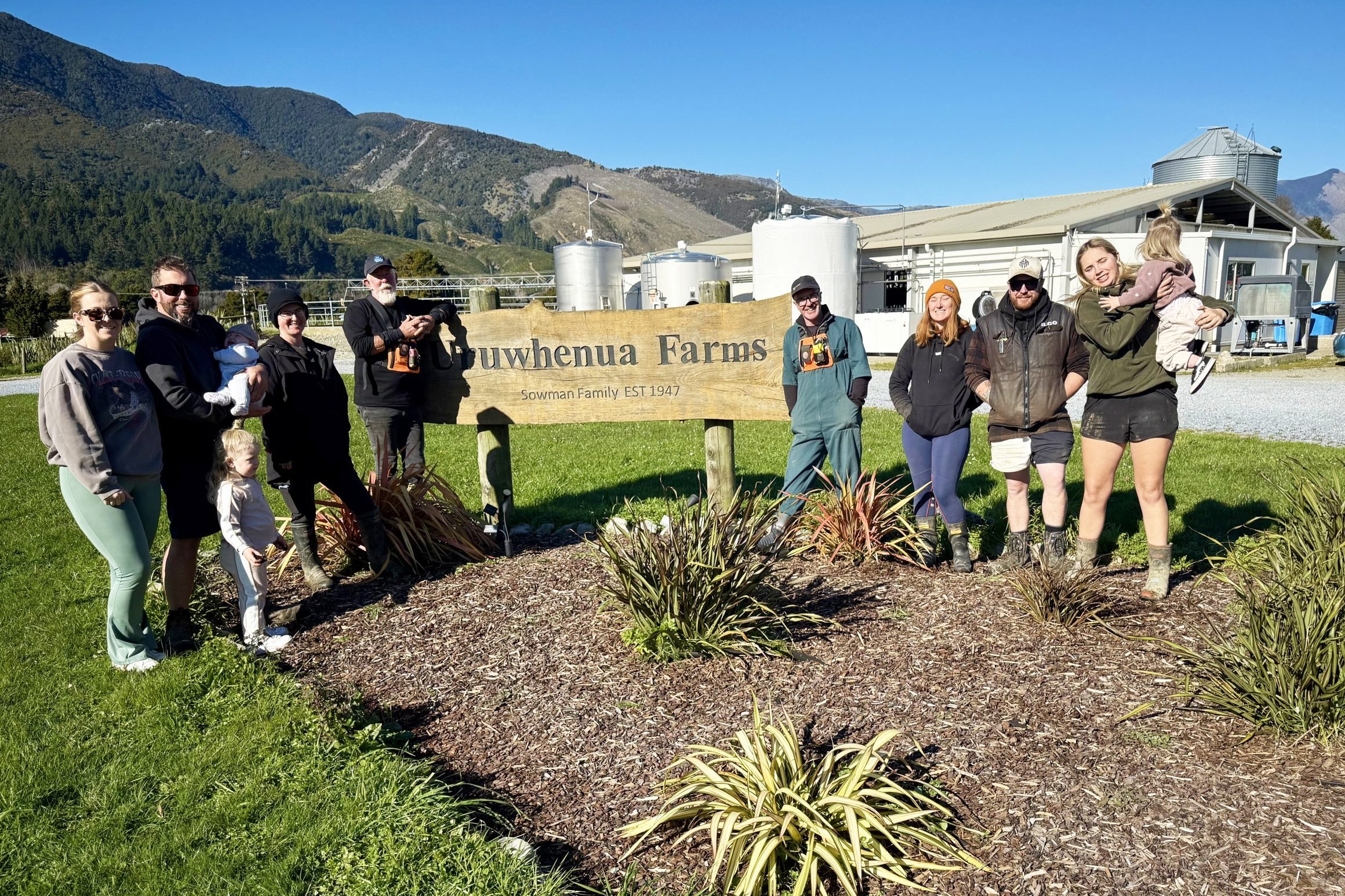The Brothers Green is harnessing the potential of hemp with a range of value-added products, and its founders believe the crop could have the potential to tackle some of the environmental and agricultural issues faced by farmers in this carbon-conscious era.
 Started five years ago, The Brothers Green is a vertically integrated hemp business that makes a variety of hemp products, including functional food and skincare ranges. A supplements line is due for launch soon.
Started five years ago, The Brothers Green is a vertically integrated hemp business that makes a variety of hemp products, including functional food and skincare ranges. A supplements line is due for launch soon.
They contract-grow hemp in North Canterbury, with a drying and processing facility in the region too. The raw seed is turned into three ingredients: protein powder, oil and whole seed. The raw ingredients are then used in a range of retail and wholesale products.
Founder Brad Lake is one of a trio who make up the Brothers, and he left the comfort of his 9–5 banking job to take the plunge into the world of hemp.
He sees retail products as vital for the development of the hemp industry.
“Retail products that can represent the quality and efficacy of what hemp can provide, and that direct customer connection is our way of moving the industry forward.”
Hemp brings with it a particular set of challenges, not least the negative connotations it can conjure for many people who don’t understand the difference between hemp and marijuana, and the restrictive legislation regarding what’s possible to do with hemp – only 2% of the plant is able to be used at present.
It was Brad’s job as a rural banker in North Canterbury that first opened his eyes to the possibilities of hemp. As an athlete playing rugby and trying to crack the Southland Stags, he was also keenly aware of what he put into his body from a nutritional point of view.
“How it came into the picture for me was in the primary sector focus. Starting out in my banking career, it was the worst drought in 30 years, [farmers] getting paid less than the cost of production for milksolids, and even within the sheep and beef sector it was an incredibly difficult period, having to make critical decisions about offloading stock or buying in feed.”
Brad got to thinking about different options, like alternative cash crops or stock feed options that were drought resistant. Hemp kept cropping up and seemed to address many of the issues that repeatedly came up during his meetings around family dining tables.
From an environmental and agricultural perspective, Brad thought the ability for a farmer to grow a crop that had multiple or diverse revenue streams, the potential to be fed to stock and to mitigate nutrient losses and sequester carbon had to be worth considering.
The potential to get into plant protein also presented a huge opportunity.
“Despite anyone’s personal opinions on diets, we’re seeing a growing green protein market on the global stage and, as food producers, I think we need to take that seriously.”
Hemp doesn’t require pesticides or insecticides to grow, so chemical use is reduced, it is drought tolerant and has an ability to upcycle nutrients lost. Farmers can diversify their income streams and get more out of the commodity cycle.
“Long term, I think it’s going to open up opportunities for people to get into a whole different area of primary production. That’s really what excited me,” Brad says.
From a nutrition perspective, hemp is high in iron, potassium, zinc and magnesium, and is a complete plant protein.
“That’s just the seed, which is all we can use at the moment, but you go into the leaf and flower of the plant and you’re looking at really potent therapeutic products, specifically treating things like Alzheimers and Parkinsons.”
Brad says New Zealand is in a perfect storm and needs to do something drastic to shift the dial on what we’re doing when it comes to reducing carbon emissions on farm.
“We’ve done calculations around carbon sequestration or carbon offset for a dairy farm, and if we planted just 10% of a dairy platform in hemp, that would be a 51% reduction in that farm’s carbon emissions.”





